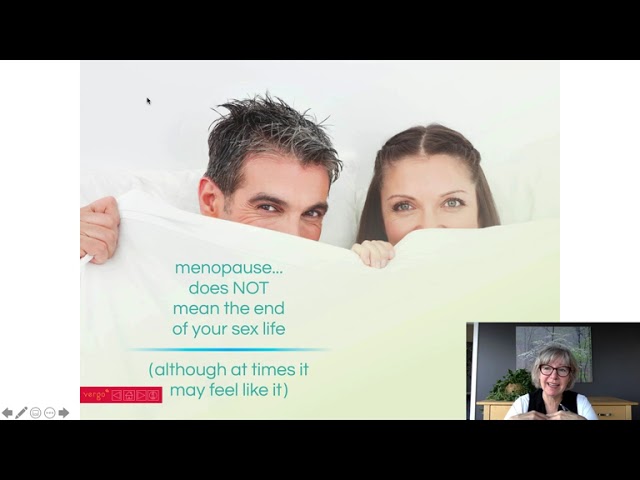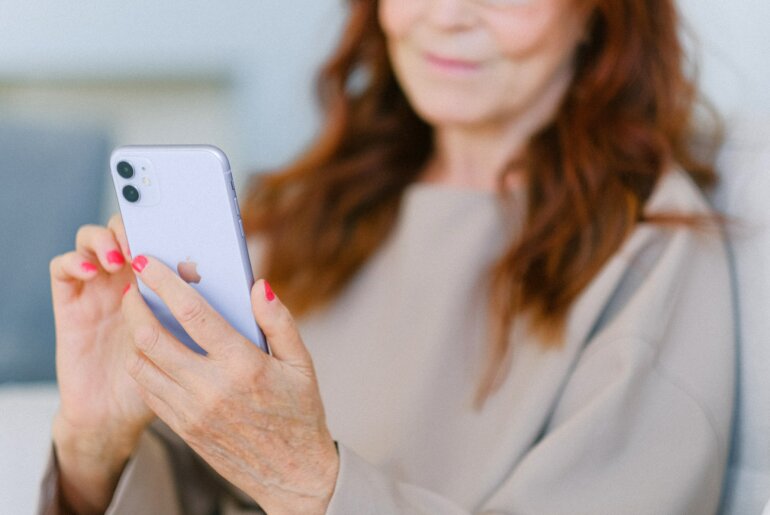Why the Dictionary is My New Best Friend
A dictionary has become my constant study companion, along with Youtube videos with twelve-year-old professors. I’m reading the first assigned textbook and getting a very rude awakening re academic jargon.
Try this word – endogenizing, and this one – verstehen, and I started laughing when I saw this one – sinicization. All excellent words and not so scary when you know their meaning.
I am back in school working on a doctoral degree in social sciences. My research topic is menopause, which is the reason I decided to go back. How can there possibly be 1.9 billion women worldwide going through perimenopause right now, with most of them not knowing? I have conversations with women everywhere about “the strangest things are happening to me and my doctor doesn’t seem to believe me/understand/know what to do”, or worse, “the strangest things are happening to me and I’m frustrated/scared/angry/do you think it’s Alzheimer’s?”.
It makes me angry.
Did you know that twice as many women as men get Alzheimer’s? Did you know there is a correlation between women getting their ovaries removed and an increased chance (70%) of getting Alzheimer’s?
I want to blow this whole menopause thing up so that it must be reinvented. In fact, I want to burn the boats and rebuild from the ashes. There has to be a better way.
I don’t know what my specific research will be yet. I’m just at Day One, Step One, with my little lunch bucket and my dictionary.
And it’s time to bring it on.





This form is protected by reCAPTCHA and the Google Privacy Policy and Terms of Service apply.